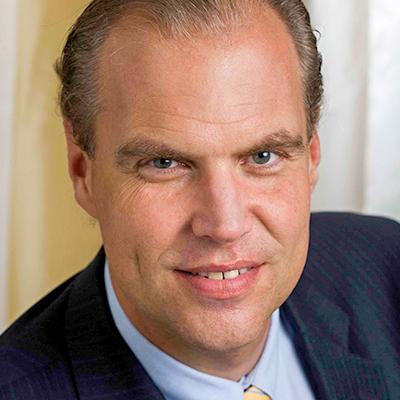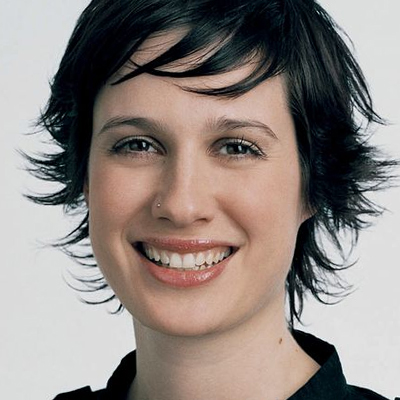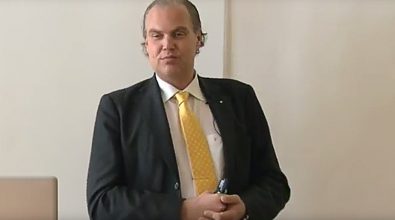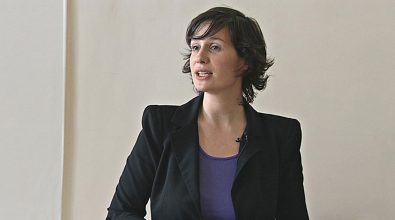Returnity is the world’s first environmentally friendly and recyclable flame retardant from Trevira CS, and is a further development of this high-quality fiber. Together with the German environmental research institute EPEA, Returnity has been developed as a cradle-to-cradle-environmentally friendly chemical optimization process that covers the entire production process of furniture and decorative materials. In the production of yarns, yarn dyeing, the weaving process and end products, chemically unsafe substances have been removed and replaced by environmentally harmless substances. This allows the flame-retardant fiber Trevira CS to circulate without residue in a technical recycling circuit. Materials can be withdrawn after use and can start a new life as a new product.
Backhausen has trained in various textile companies in Munich, London, Paris and New York. Since 1997 he has been the CEO of Backhausen Interior Textiles, and since 1999 has been a member of the Committee for European and International Policy Issues within the Industrial Association of Austria. Mr. Backhausen is Vice President of the Board of Trustees for the Higher Federal Teaching and Research Institute, Vice President of the International Association of Furniture and Drapery Manufacturers, and Vice President of the Association of the Austrian Textile Industry. In 2007 Reinhard Backhausen was awarded Entrepreneur of the Year in the category of family-owned companies. Since 2010, he has been the President of the Association of Textile, Garment, Shoe and Leather Industry.

The state is bankrupt. The problems are great. Who will solve them? Social entrepreneurs show how entrepreneurship and self-initiative can help solve problems–such as Thorkil Sonne of Denmark who sees strengths where others see only deficits. Thorkil’s company, which specializes in software testing, has given more than 200 people with autism a place to work in recent years. There they can use their strengths such as attention to detail, high memory performance and pattern recognition. Or Katja Urbatsch from Germany whose organization Arbeiterkerk.de with more than 4,000 honorary mentors throughout Germany supports young people to overcome cultural hurdles and be the first to study in their families.
Marie Ringler studied sociology and political science at the University of Vienna. During her studies she was involved in the establishment of the Institute for New Culture Technologies/tO, which offers an international competence platform for the critical use of information and communication technologies. From 1998 to 2000, Ringler was Managing Director of tO. In 2000 she was a Federal Parliament Representative and Municipal Councillor. During her two-year MBA education in St. Gallen (Switzerland) Ringler dealt intensively with the topics of social entrepreneurship and funding models for social innovation. In 2011 Ringler was the Country Director for Austria and Central and Eastern Europe for the global organization Ashoka. Ashoka is the world's largest network of social entrepreneurs and for over 30 years has provided financial and advisory support to the three thousand Ashoka Fellows, for the dissemination of their innovative solutions to social problems.




Returnity is the world's first environmentally friendly and recyclable flame retardant from Trevira CS, and is a further development of this high-quality fiber. Together with the German environmental research institute EPEA, Returnity has been developed as a cradle-to-cradle-environmentally friendly chemical optimization process that covers the entire production process of furniture and decorative materials. In the production of yarns, yarn dyeing, the weaving process and end products, chemically unsafe substances have been removed and replaced by environmentally harmless substances. This allows the flame-retardant fiber Trevira CS to circulate without residue in a technical recycling circuit. Materials can be withdrawn after use and can start a new life as a new product.

The state is bankrupt. The problems are great. Who will solve them? Social entrepreneurs show how entrepreneurship and self-initiative can help solve problems--such as Thorkil Sonne of Denmark who sees strengths where others see only deficits. Thorkil's company, which specializes in software testing, has given more than 200 people with autism a place to work in recent years. There they can use their strengths such as attention to detail, high memory performance and pattern recognition. Or Katja Urbatsch from Germany whose organization Arbeiterkerk.de with more than 4,000 honorary mentors throughout Germany supports young people to overcome cultural hurdles and be the first to study in their families.